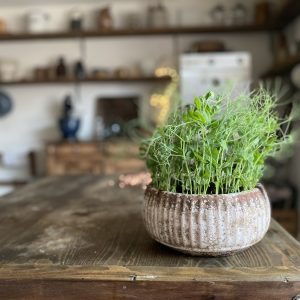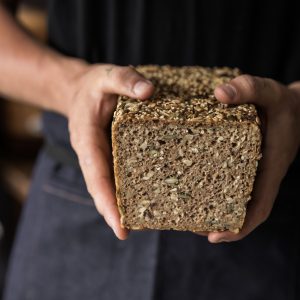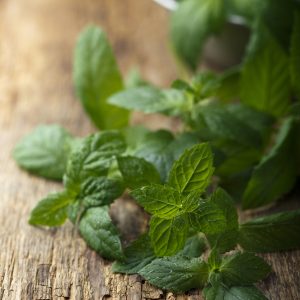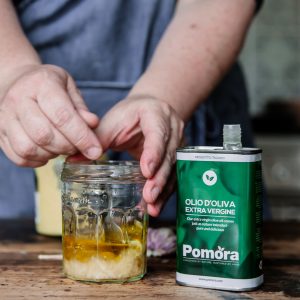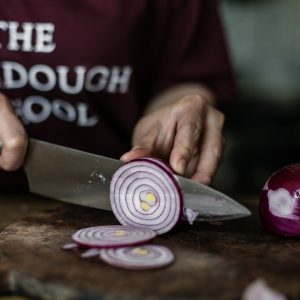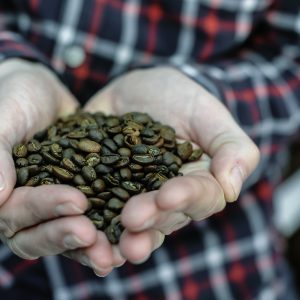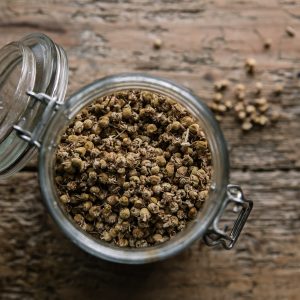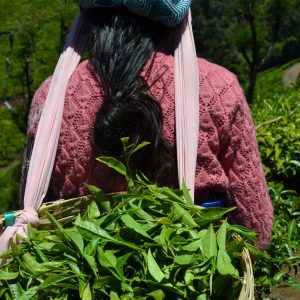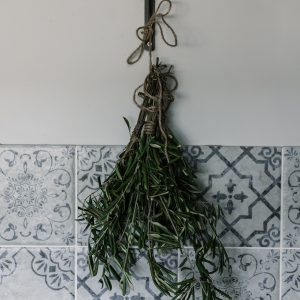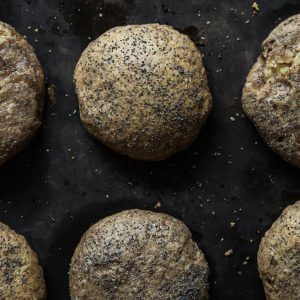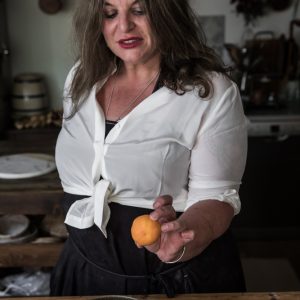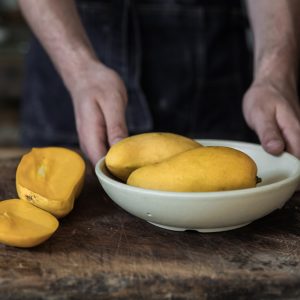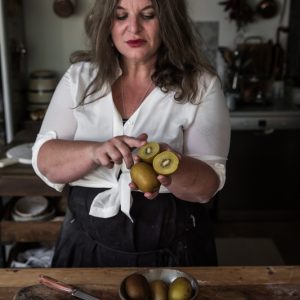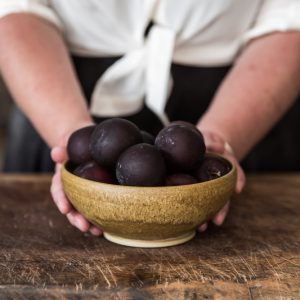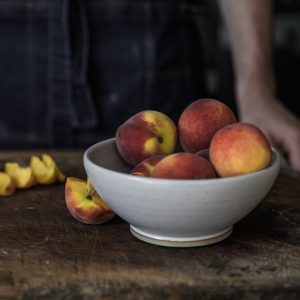Polyphenols as both prebiotics and antioxidants - Library
Increasing antioxidants and diversity and prioritising polyphenols are closely related principles.*
Underpinning the BALM Protocol is the first pillar of Lifestyle Medicine: healthy eating.
A diet rich in polyphenol-containing foods (like fruits, vegetables, nuts, seeds, and whole grains) provides antioxidant benefits and supports gut health in a prebiotic-like manner. This ties in with the BALM protocol, showcasing how baking and dietary choices can be aligned with principles of gut health and overall wellness.
Polyphenols as both prebiotics and antioxidants :
- Prebiotics Defined: Prebiotics are substances that induce the growth or activity of beneficial microorganisms such as bacteria and fungi. They are typically non-digestible fibre compounds that pass undigested through the upper part of the gastrointestinal tract and stimulate the growth or activity of advantageous bacteria in the colon.
- Polyphenols and Gut Microbiota: While polyphenols are not prebiotics in the traditional sense of being fibres, recent research suggests they can act in a prebiotic-like manner. When polyphenols reach the colon, they are metabolized by gut microbiota, and this process can modulate the microbiome composition favourably. Essentially, certain gut bacteria can use polyphenols as a fuel source, encouraging the growth of beneficial bacteria.
- Impact on Gut Health: The metabolites produced from the breakdown of polyphenols by gut bacteria have been shown to have various beneficial effects, including anti-inflammatory properties and potential protective effects against colon cancer. This interaction between polyphenols and gut microbiota can contribute to a healthier gut environment, which is crucial for overall health.
Polyphenols as Antioxidants:
- Antioxidant Properties: Polyphenols are indeed powerful antioxidants. They help neutralize free radicals in the body, thereby reducing oxidative stress and potentially lowering the risk of various chronic diseases.
- Systemic Effects: The antioxidant activity of polyphenols is not limited to the gut; it has systemic effects. After being absorbed in the gut, they can exert their antioxidant effects throughout the body, contributing to the protection of cells and tissues from oxidative damage.
- Dual Role: Thus, polyphenols can be considered to have a dual role – they act as antioxidants and also have a prebiotic-like effect in the gut. This dual functionality
We approach this in how we make our bread, with the inclusions and diversity in the flour, and through our symbiotic eating recipes. The American Gut Citizen Science project findings reported that diversity of plants was associated with good gut health. These plants provide Additional polyphenols, which fuels the gut microbiome – and we now know that the bacteria have an enormous impact on the way we feel every day. You can download the study here.
We take every opportunity to increase levels of antioxidants
One of the wonderful things about Miguel’s presentation is that the key paper ‘A Review of the Science of Colorful, Plant-Based Food and Practical Strategies for “Eating the Rainbow’ he discusses is open-source, so you can read this study yourself.
The library tells you more about our favourite additional nourishing ingredients used in our recipes and looks at how specific ingredients are potentially beneficial to health. We don't make sweeping claims, as sometimes these studies – especially those on the gut microbiome – are in vitro or animal studies, as this area of research is new. Nevertheless, there’s clear evidence that antioxidants and diversity are good for you. These can be found in the fruits, vegetables, spices and legumes that you eat on a daily basis, but let’s not forget that it’s possible to incorporate even higher levels of polyphenols and flavonoids into your diet through your grains by using diversity blends. These blends contain ingredients such as green tea, cocoa nibs, herbs such as oregano, and edible flowers such as roses. This means the way we blend our grains massively increases the levels of antioxidants in our bakes and also hugely increases their bioavailability.
Increasing your polyphenols doesn't have to be complicated. A great way to do it is by doing our fruit compote task.
No of Hours - 9 Hours
